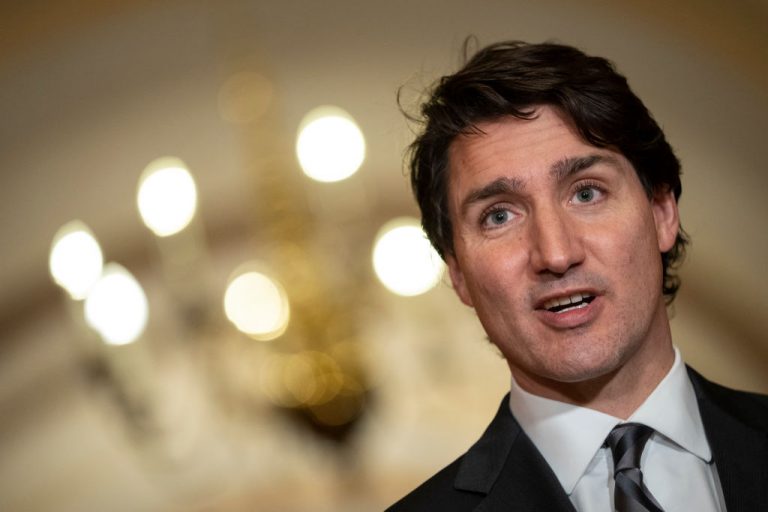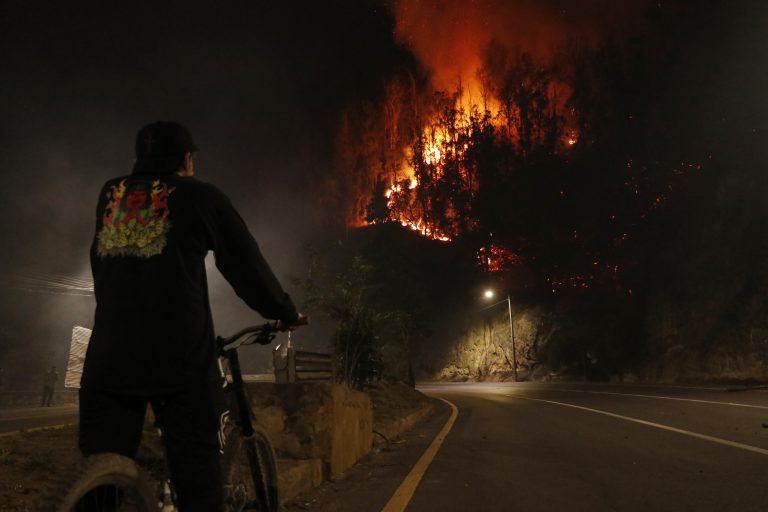On Feb. 28, the Trudeau government announced a ban on Russian oil imports into Canada following Russia’s invasion of Ukraine.
The Canadian Prime Minister said that oil revenues have helped Russian President Vladimir Putin wage war on Ukraine and has joined its allies in levying numerous sanctions targeting Russian banks and prominent Russian individuals including Putin himself.
In a Feb. 28 news release Canada’s Minister of Natural Resources, Jonathan Wilkinson said, “President Putin’s actions blatantly violate international law and threaten international peace and security. In response, we intend to ban crude oil imports from Russia. We continue to do everything we can to support Ukraine and are united with allies in holding Russia to account for its unprovoked and unjustified invasion.”
However, under a section of the news release entitled “Quick facts” it says that “Canada is a net exporter of crude oil, meaning it exports more than it imports each year. Canada does not currently import crude oil from Russia.” Meaning, a ban by Canada on Russian oil imports is symbolic at best and will do nothing to dissuade the Russian regime.
Canada’s allies in Europe however remain heavily reliant on Russian energy exports.
Success
You are now signed up for our newsletter
Success
Check your email to complete sign up
“A quarter of the European Union’s petroleum oil imports come from Russia and about 40% of the EU’s natural gas imports,” the BBC reported.
This presents a dilemma for Canada’s allies. Europe, refusing to buy oil and gas from Russia would be an incredibly tough sanction however policymakers are rightfully reluctant to take that step as it would greatly impact energy prices in their own countries.
The limited sanctions imposed on Russia have had an immediate effect on energy pricing across the globe. Brent crude rose by 4.6 percent to $102 a barrel on Monday following announcements of sanctions imposed on Russia — one of the world’s largest energy producers — by Western nations.
Up to a fifth of Russia’s economy is made up of oil and gas exports and half of its earnings are from exports. Russia is the European Union’s largest oil trading partner, according to the most recent data from Eurostat.
Sanctions by Europe on Russia’s energy sector appear to be off the table.
The United States, Canada’s largest trade partner, has yet to target Russia’s energy sector however White House press secretary Jen Psaki said that U.S. sanctions remain “on the table.”
On Mar. 1, Psaki joined “America’s Newsroom” to discuss the American response to the crisis in Ukraine saying that the Biden administration wanted to limit the impact of the crisis on global markets and the American people.
When asked whether the Biden administration was open to reviving the Keystone pipeline — which Biden cancelled on his first day in office — to shore up energy accessibility in North America Psaki said, “This Keystone pipeline, it would take years for that to have an impact on prices. Obviously, there are a range of reasons why the president opposes it, but it wasn’t functioning, isn’t functioning. It would take years. There are also 9000 approved oil leases that oil companies are not tapping into,” indicating the shuttered project is not part of any plan to make the U.S. more resilient in the face of volatile energy markets.







